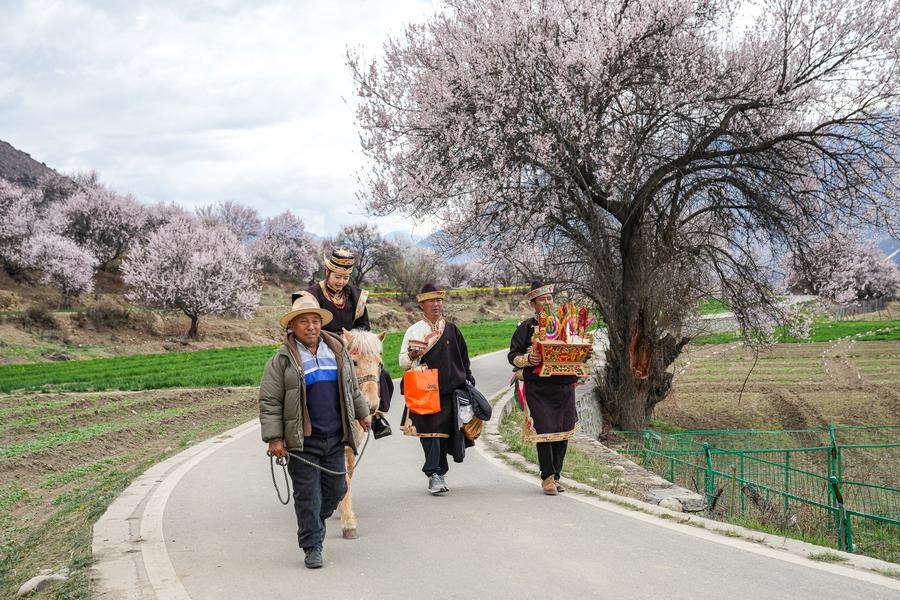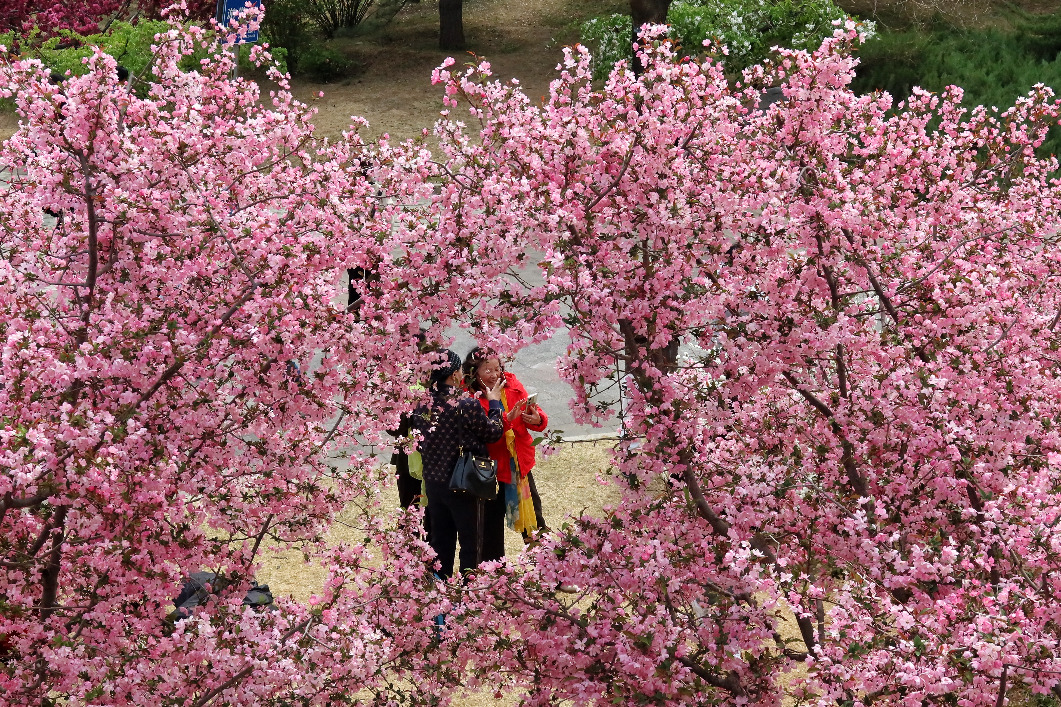Full Text: Slanderer Adrian Zenz's Xinjiang-related Fallacies Versus the Truth

Fallacy Fifteen: The purpose of setting up boarding schools is to implement "large-scale detention movement"
In his so-called report Break Their Roots: Evidence for China's Parent-Child Separation Campaign in Xinjiang, Zenz assumed that boarding schools and preschool education in Xinjiang were the guarantee for the so-called "internment campaign" and claimed that boarding school system is used to contain and manage the consequences brought about by the large-scale internment campaign.
In fact, the establishment of boarding schools in Xinjiang has nothing to do with de-radicalization. Xinjiang covers a spacious land area, and villages and towns are remotely situated, bringing inconveniences for students to attend school and causing a heavy burden for parents to pick up their children to and from school. In order to solve the problem, nearly 400 boarding primary and secondary schools were built in Xinjiang as early as the 1980s. In recent years, the country has strengthened the construction of boarding schools. According to the requirements, Xinjiang has made rational planning in combination with the development of new urbanization, the implementation of rural revitalization strategy, and taking into account the changing trend of local school-age children as well as factors such as geography, transportation, environment, and safety. Boarding school construction strictly abides by the relevant national and regional construction standards, and all kinds of learning and living facilities are complete. The teaching staff in boarding schools are guaranteed through recruitment, training, aids from inland provinces, and government purchase of services. The funds for running boarding schools are entirely covered by the government. In the stage of compulsory education, students in boarding schools are exempt from tuition and textbook fees, just as students in other schools. Rural students are free of boarding and lodging fees, and enjoy special living subsidies. Each student in primary school can get 1,250 yuan per academic year, and 1,500 yuan per academic year for junior school students. These policies have relieved the economic burden of students' families substantially. As for whether to choose boarding school or not, it is entirely up to the students and their parents. There is no such a thing as "forced boarding".
As practice has told us, the implementation of boarding school is beneficial for the popularization and improvement of compulsory education and balanced development. It also plays a significant role in the centralization of qualified educational resources, letting more children enjoy advanced teaching equipment, high-level teaching staff and a better campus environment. In addition, it is advantageous for the students to acquire scientific and cultural knowledge and raise learning efficiency. Boarding school system also helps reduce the economic burden for impoverished families, which made it deeply welcomed by parents of all ethnic groups.
- Astronomers' dark energy breakthrough sheds new light on cosmic accelerated expansion
- China-led telescope project secures global partners for cutting-edge cosmic research
- Beijing on high alert for extreme winds
- Registration rules eased to encourage marriages
- Drier lunar far side offers insight on moon's evolution
- State Council watching over probe of deadly fire




































